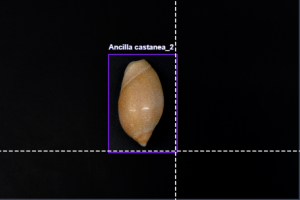
AI Identification of Seashells in Fujairah City
Seashells play a key role in understanding marine ecosystems, but traditional identification methods are slow. Researchers in Fujairah are using AI to speed up and improve accuracy in seashells identification. Fujairah, located along the Gulf of Oman, is home to diverse marine life. Researchers collected over 135 seashells species to better understand this rich biodiversity.
Manual identification of seashells is time-consuming and prone to human error. It requires experts to analyze each shell’s physical traits, which can take hours per specimen.
AI uses machine learning to analyze images of seashells, identifying species based on patterns in shell structure, shape, and color. This method is faster and improves over time with more data. AI provides greater speed, accuracy, and consistency in identification. It can also scale easily, analyze large datasets, and cross-reference global species databases, freeing up researchers to focus on ecological analysis. it requires a diverse dataset to be effective and still relies on human expertise for complex tasks. While it enhances identification, it cannot yet replace human judgment in ecological research.
AI’s role in marine science is expanding. Projects like the one in Fujairah are paving the way for more efficient research, allowing scientists to tackle bigger environmental issues like climate change and pollution. AI is transforming shell identification in Fujairah, showing how technology can enhance traditional marine research methods. Their innovation could lead to more comprehensive and sustainable marine studies in the future.
